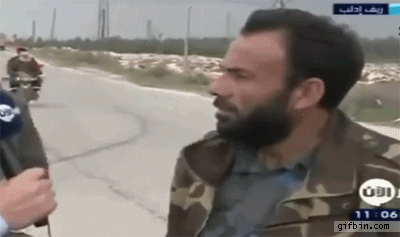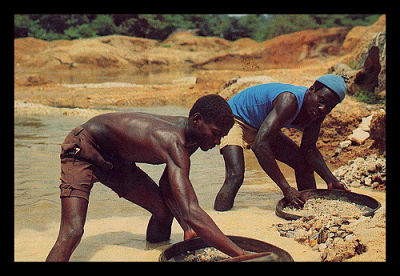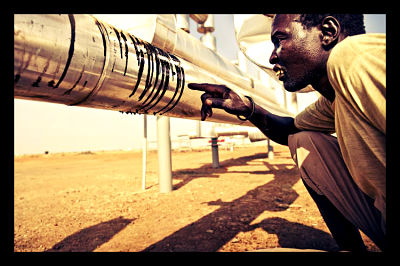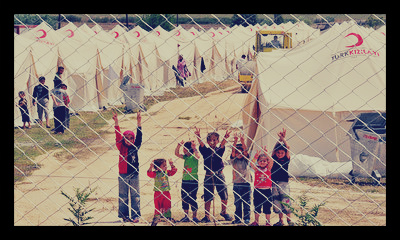
Raging since early 2011, the civil war in Syria has left many wondering who will obtain the reins of power in the war torn nation. Will the rebel forces topple Bashar al-Assad’s regime, creating a power vacuum? Or will Assad maintain control?
These questions lie at the heart of what policymakers consider when sending aid to rebel forces who have managed to continue their three year war against the Assad regime with minimal support from the West.
One of the questions that has been most pertinent to American policymakers is who exactly are the rebels and to what extent are there Islamist extremists in their ranks.
Politifact points out politicians on both sides of the aisle, advocating both for and against aid to the Syrian rebels, who use questionable sources to justify the numbers of radical or moderate elements among the rebel forces.
For example, Senator John McCain has been a vocal proponent of aid to the rebels and has stated that close to 70 percent of the rebels are still moderate. When pressed on his certainty of where the rebels stand, McCain simply stated he visited the war torn country and through his visit, gained an understanding as to the leanings of the rebel forces.
Others such as IHS Jane’s, a British intelligence analysis agency, have estimated the radical element composes half of the 100,000 opposition fighters. Their conclusion is based off interviews and intelligence estimates that are extremely difficult to confirm.
Many have turned to social media to examine the political leanings of the rebels.
Caerus, a strategy firm that examines Syrian governance for government clients, examines major internet platforms such as YouTube to glean data about the rebels. They claim through examining social media, very reliable data can be constructed giving a better understanding of the ideological makeup of opposition fighters.
For example, the Free Syrian Army has a hefty YouTube footprint of over seven YouTube channels. Other rebel groups are active Facebook and Twitter users, posting propaganda sympathetic to their cause.
Unfortunately, David Kilcullen, CEO of Caerus, as well as many government officials have concluded that moderate opposition forces are losing influence to radical Islamist sects within the rebel forces.
The perception of Islamist elements among the rebels gaining ground has led some officials to suggest that Assad staying in power would be the best outcome for the protracted civil war. The Christian Science Monitor quotes Ryan Crocker, a former U.S. ambassador to Damascus, predicting Assad’s eventual victory in Syria.
He states, “And do we really want the alternative–a major country in the heart of the Arab world in the hands of Al-Qaeda?”
The different factions of moderates versus Islamist hardliners have contributed to the propagation of the Assad regime. Their incoordination among each other has prevented a cohesive strategy from forming against Assad. And the radicalization of many forces has blocked the flow of foreign aid from countries unwilling to potentially support Al-Qaeda linked forces.
While many officials are now leaning toward the continuation of the Assad regime as the best outcome for the war, others have argued that the brutal tactics perpetrated by the regime was the main cause for their radicalization in the first place, and the failure by the west to adequately fund the rebel forces have led them toward radical ideals in an attempt to secure funding from wealthy Arab nations.
Now close to three years old, the Syrian conflict shows no signs of letting up and rebel groups no closer to toppling the Assad regime.
– Zack Lindberg
Sources: NPR, The Christian Science Monitor, Politifact
Photo: Giphy.com



